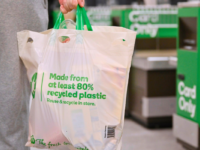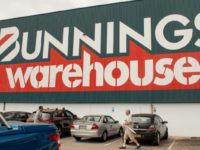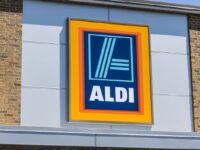 Aldi continues to challenge Woolworths’ and Coles’ position in Australia’s supermarket industry, said Roy Morgan.
Aldi continues to challenge Woolworths’ and Coles’ position in Australia’s supermarket industry, said Roy Morgan.
The country’s $89.5 billion supermarket industry is undergoing a shake-up with Aldi’s share rising and Woolworths falling.
As of December 2015, Aldi holds 12.1 per cent of the supermarket market, said the research firm. This is projected to rise with the opening of its first South Australian stores and its expansion into Western Australia by mid-year.
“Obviously, the German chain has a long way to go before it threatens Woolworths’ and Coles’ share of the market, but then again, Rome wasn’t built in a day,” Michele Levine, CEO, Roy Morgan Research, said.
“Meanwhile Woolworths’ dollar share of the market has declined once again — not so much as to knock them off top spot, but still cause for concern, especially given that Coles is showing signs of catching up,” Levine said.
In an average four-week period, 5.3 million Australian consumers shop at Aldi, 10.5 million at Woolworths, 10 million at Coles and just over 4 million at IGA, while almost 4 million frequent other supermarkets. Some 37.1 per cent of these shoppers visit at least one Coles, one Woolies and one other supermarket during this time.
“As they do with dollar market share, Woolworths and Coles have the largest customer bases by far, but with just one in five grocery buyers shopping exclusively at one supermarket, neither of these heavyweights should get too comfortable. Although Aldi has a much smaller dollar share of the market, it is already punching above its weight in term of customer volume and has more than doubled shopper numbers since January 2007,” Levine said.
“With so much choice available to them, Australian supermarket shoppers are in a position of power. As Woolies learnt last year with its disastrous ANZAC campaign, and as Aldi is discovering now after refusing to heed the call to phase out caged eggs (as Woolworths and Coles are doing), the consequences of alienating consumers are very real – and very public.”















